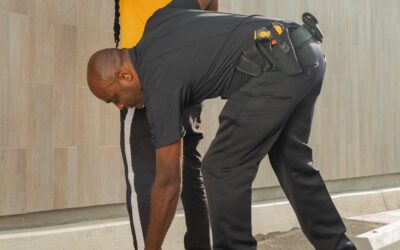Navigating the Witness Box: A Look at Michigan Rules of Evidence 601-615
In the courtroom, witness testimony plays a crucial role in unveiling the truth and determining the outcome of a case.
However, not everyone can simply walk into the courtroom and take the stand.
Michigan Rules of Evidence 601-615 establish a framework for determining who can testify, what they can say, and how their testimony is presented. This article delves into these rules, providing a factual overview based on the Michigan Rules of Evidence Handbook.
Have your rights been violated?
Have your driving priviledges been revoked?
Has your professional license been suspended?
Second Amendment rights taken away?
Have you been charged with a crime?
Call our office to see if we can help
Komorn Law 248-357-2550
Rule 601: Competency to Testify
This fundamental rule establishes a presumption of competency, stating that “every person is competent to be a witness.” This means that anyone, regardless of age, background, or mental capacity, can potentially take the stand. However, the rule also acknowledges exceptions. The court may find someone incompetent to testify if they lack “sufficient physical or mental capacity or sense of obligation to testify truthfully or understandably.” This determination usually involves questioning the witness and assessing their ability to perceive, recall, and communicate relevant information accurately.
Rule 602: Need for Personal Knowledge
Just because someone is competent doesn’t mean their testimony is automatically admissible. Rule 602 requires witnesses to have “personal knowledge” of the matters they are testifying about. This means they must have directly observed, heard, or experienced the events they are describing. Hearsay, or secondhand information, is generally not admissible under this rule. However, there are exceptions for certain types of hearsay evidence, such as business records or statements made under specific circumstances.
Rule 603: Oath or Affirmation
Before taking the stand, every witness must swear or affirm to tell the truth. This oath or affirmation serves to impress upon the witness the importance of their testimony and the potential consequences of lying. The form of the oath or affirmation can be adapted to accommodate the witness’s religious beliefs or cultural background.
Rule 604: Interpreter
When a witness doesn’t speak English fluently, an interpreter is needed to ensure accurate communication. Rule 604 requires interpreters to be qualified and to take an oath or affirmation to faithfully translate the witness’s testimony. The court has the discretion to appoint and supervise the interpreter to ensure fairness and accuracy.
Rule 605: Judge’s Competency as a Witness
To maintain impartiality and prevent conflicts of interest, Rule 605 prohibits the presiding judge from testifying as a witness in the same case. This applies even if the judge has relevant personal knowledge of the events in question. If the judge becomes a necessary witness, they must recuse themselves from the case.

Rule 606: Juror’s Competency as a Witness
Similar to the judge, Rule 606 restricts juror testimony in certain situations. Jurors may not testify before the other jurors during the trial, as this could influence their deliberations. Additionally, during an inquiry into the validity of a verdict or indictment, jurors are barred from testifying about their own mental processes or the deliberations of the jury. This protects the sanctity of the jury room and prevents tampering with the verdict.
Rule 610: Ruling on Hearings on Competency and Privilege
When questions arise about a witness’s competency or a claim of privilege, the court conducts a hearing outside the presence of the jury. This allows the judge to make a fair and informed ruling without influencing the jury’s perception of the witness or the evidence.
Rule 611: Mode and Order of Examining Witnesses
Rule 611 governs the manner in which witnesses are questioned. It allows each party to present their case through direct examination of their own witnesses and cross-examination of the opposing party’s witnesses. The court also has the authority to question witnesses to clarify or expand on their testimony.
Rule 612: Writing Used to Refresh Memory
Sometimes, witnesses may need to refresh their memory before or during their testimony. Rule 612 allows witnesses to use writings, such as notes, memoranda, or recordings, to recall past events. However, these writings themselves are not admissible as evidence unless they qualify under another rule.
Rule 613: Prior Statements of Witnesses
In certain circumstances, prior statements made by a witness outside of court can be used to impeach their credibility or explain inconsistencies in their testimony. Rule 613 outlines the conditions under which these prior statements can be admitted as evidence.
Rule 614: Calling and Examining Adverse Parties
This rule allows a party to call the opposing party as a witness during their own case. Additionally, it permits thorough questioning of the adverse party, even on matters that may be unfavorable to the party calling them.
Rule 615: Excluding Witnesses
To ensure fairness and prevent witnesses from tailoring their testimony to what they have heard from others,
Important:
This article provides a simplified overview of the Michigan Rules of Evidence for informational purposes only. It should not be interpreted as legal advice. When facing legal matters, always consult with a qualified attorney for professional guidance.
The Michigan Rules of Evidence are subject to change over time. Always consult the latest official version for accurate information.
Here is the link to the Michigan Rules of Evidence Handbook. Check the footer for the latest update.
Related Articles
No Results Found
The page you requested could not be found. Try refining your search, or use the navigation above to locate the post.
More Posts

Legal Consequences of Rescheduling Marijuana – 2024
Legal Consequences of Rescheduling Marijuana Jan 2024 a report from the Congressional Research Service.

Scientists Discover The Reason Cannabis Causes The Munchies
For the first time, scientists have uncovered the precise neurological impacts of cannabis use that give rise to the phenomenon famously referred to as the "munchies," as revealed by an innovative study backed by federal funds. Researchers at Washington State...
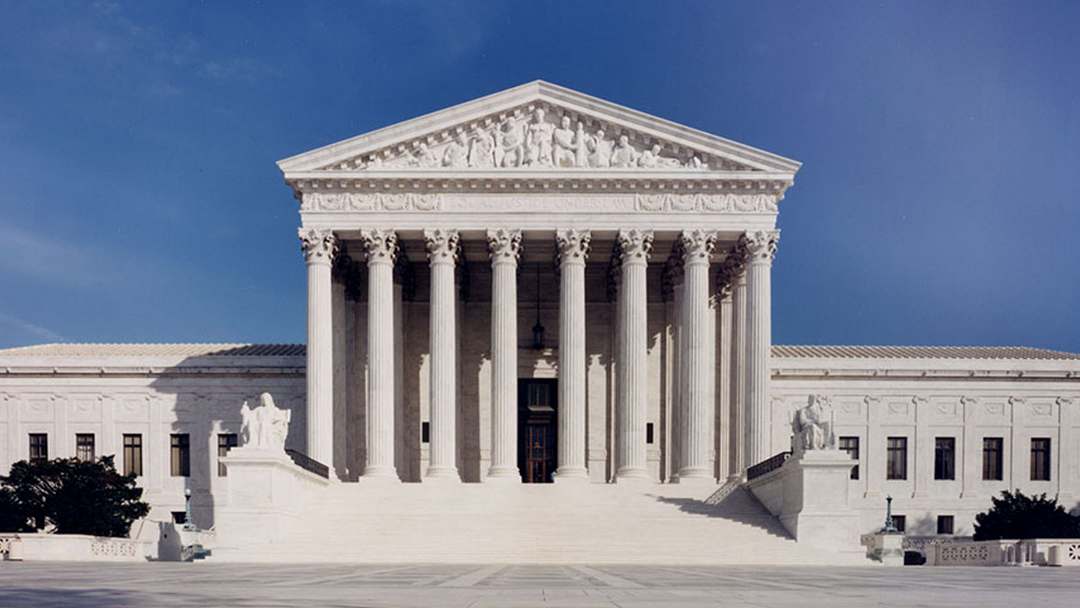
Maker of CBD products asks court to decide
The Petitions of the Week column highlights a selection of cert petitions recently filed in the Supreme Court. A list of all petitions we’re watching is available here. Organized crime, from the mafia to small-time money laundering schemes, often evades criminal...
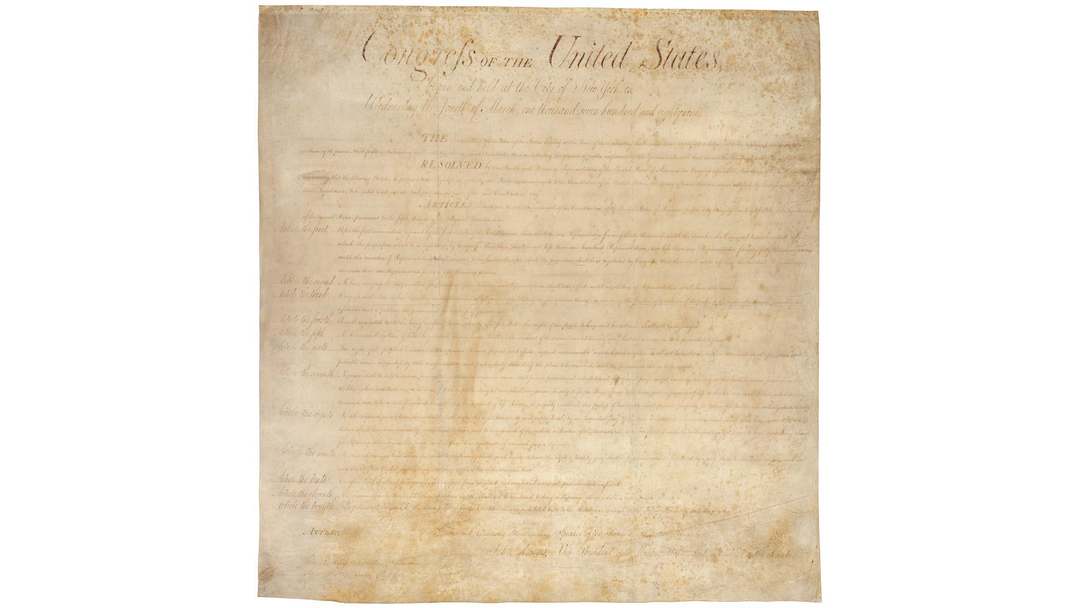
Transcription of the 1789 Joint Resolution of Congress Proposing 12 Amendments to the U.S. Constitution
This information was taken from archives.gov. One should assume it is factual... but assuming information is a fact is a perilous assumption. Here is what you paid for... Transcription of the 1789 Joint Resolution of Congress Proposing 12 Amendments to the U.S....

New laws for 2024 – Buckle Up
States nationwide will welcome the upcoming year with the implementation of laws tackling crucial matters such as gun violence, book bans, and the introduction of gender-neutral toy sections. These legislative advancements are set to take effect throughout 2024,...

Biden Issues More Cannabis Pardons but…
Joe Biden has extended pardons for individuals charged with simple cannabis possession and use, yet disappointingly, he has refrained from granting clemency to those currently incarcerated for cannabis-related offenses.In an extension of the previous year's extensive...

Working With and Not Against, IRS Revenue Code 280E
Cannabis operators face IRS Revenue Code 280E restrictions, but smart tax planning and strategies allow entrepreneurs to mitigate its impact on their business.Komorn Law is Michigan's top cannabis law firms when it comes to licensing, consulting and legal defense....
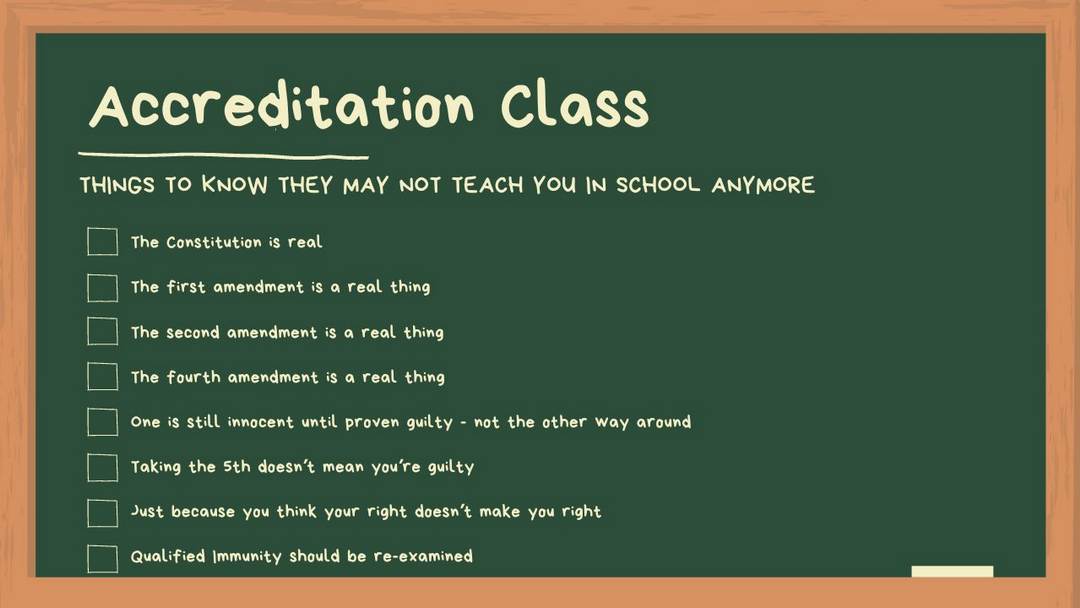
Department of Attorney General Prepares for MLEAC Accreditation
LANSING – The Michigan Department of Attorney General (DAG) recently welcomed a team of assessors from the Michigan Law Enforcement Accreditation Commission (MLEAC). The assessors came to examine all aspects of the Department’s compliance with the MLEAC standards in...

Oklahoma’s wild marijuana market is about to shrivel
The world's weed market, once booming with nearly 14,000 licensed medical marijuana businesses at its peak, has experienced a steady decline since Oklahoma voters overwhelmingly rejected a recreational legalization referendum in March. Heightened enforcement by state...
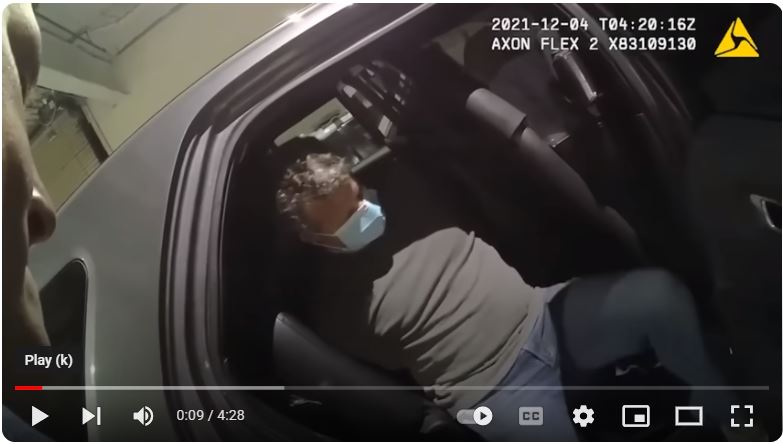
400K settlement after being arrested for a DUI, even though he passed breath and blood tests
A Colorado man is poised to receive a $400,000 settlement from city authorities after being wrongfully arrested for a DUI, even though he had passed both a breath and blood test.According to the complaint, Elias was driving southbound on College Avenue in Fort Collins...








